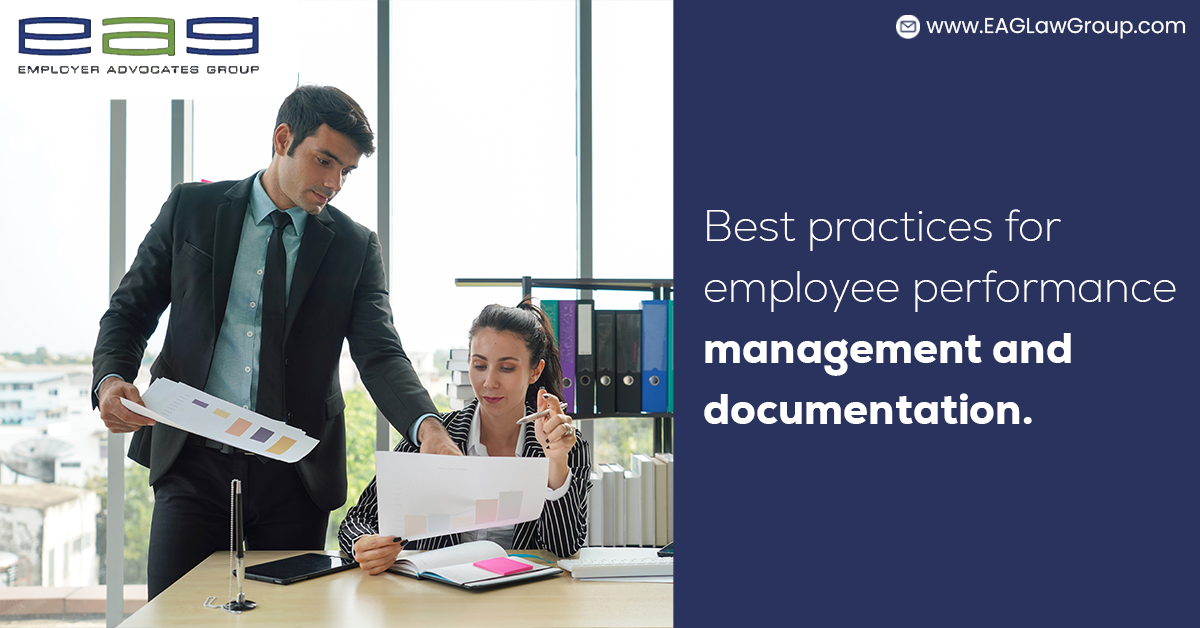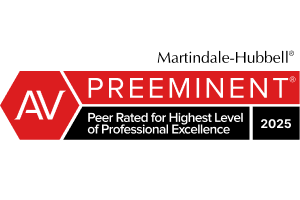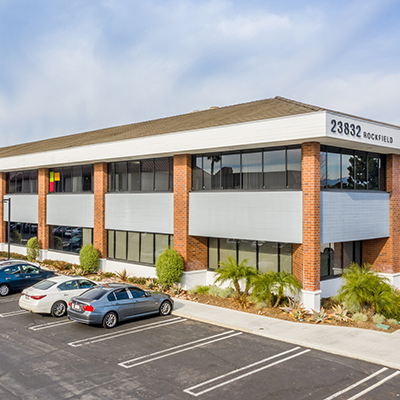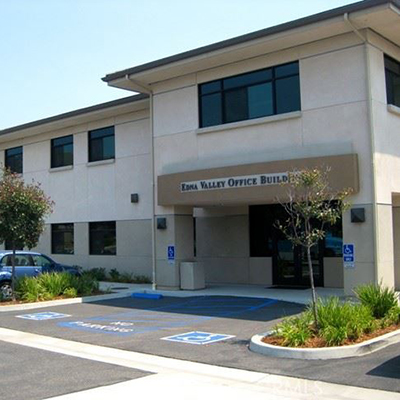Best Practices for Employee Performance Management and Documentation

Managing employee performance isn’t just about keeping productivity high; it’s about building a fair, transparent, and well-documented process that protects your business while supporting your team. With the right strategy in place, companies can motivate employees, resolve issues early, and avoid costly disputes. Effective employee performance management also serves as a critical safeguard in defending against employment law claims, making it an essential part of responsible leadership.
At Employer Advocates Group Law Firm, we partner with employers to align performance practices with compliance, ensuring every decision is backed by solid documentation and legal foresight.
Establish Clear Expectations from Day One
Employees perform best when they know exactly what is expected of them. Employers should define job roles, responsibilities, and performance standards upfront. Written job descriptions, orientation checklists, and clear performance goals create a foundation that leaves little room for misunderstanding.
When expectations are clear, it becomes much easier to measure whether an employee is meeting, exceeding, or falling short of their role.
Keep Documentation Consistent and Detailed
One of the most common mistakes employers make is failing to properly document performance issues. Every performance conversation, whether positive feedback or corrective action, should be recorded. Include dates, specific behaviors, outcomes, and any coaching provided.
This documentation isn’t just a record; it becomes your strongest defense if an employee later challenges a termination, demotion, or disciplinary action. Consistency is key. If you document one employee’s issues, do the same for others. Uneven documentation can raise questions of discrimination or favoritism.
Use a Structured Performance Review Process
A formal performance review process provides employees with regular, constructive feedback. Annual reviews are common, but many employers benefit from quarterly or even monthly check-ins. These sessions should cover achievements, areas for growth, and future goals.
During reviews, balance positive recognition with clear, actionable steps for improvement where needed. Keep the tone professional, but direct. Document the conversation, and ask the employee to acknowledge receipt of the review, whether they agree with it or not.
Train Supervisors to Handle Evaluations Effectively
Even the most well-designed performance system fails if managers don’t know how to use it. Supervisors should be trained on how to give constructive feedback, avoid discriminatory language, and maintain a professional tone.
Poorly handled evaluations can escalate into grievances, morale issues, or even legal claims. Training ensures consistency, fairness, and compliance across the organization.
Address Issues Promptly and Fairly
Letting small issues slide often creates bigger problems down the road. Employers should address performance concerns as soon as they arise, providing coaching and setting measurable expectations for improvement.
If improvement doesn’t occur, escalate to written warnings or performance improvement plans. Document each step of the process thoroughly. This not only gives employees a fair chance to improve but also demonstrates that the company acted responsibly, should legal scrutiny arise.
Leverage Legal Guidance to Reduce Risk
Performance management isn’t just an HR function; it has real legal implications. By working with a law firm like Employer Advocates Group, employers can design systems that both improve performance and safeguard against claims. From reviewing evaluation templates to advising on termination decisions, legal counsel ensures your documentation stands up in court if challenged.
FAQs
1. Why is documentation so important in performance management?
Documentation provides evidence of consistent, fair treatment. It protects your business in case of disputes or wrongful termination claims.
2. How often should employers conduct performance reviews?
At least annually, though many organizations benefit from quarterly check-ins. Frequent feedback helps resolve issues faster.
3. Can a performance review process reduce legal risks?
Yes. A well-structured process shows that decisions were based on objective, documented criteria, not bias or discrimination.
4. What should be included in a performance improvement plan?
Clear expectations, specific goals, timelines for improvement, and resources or support offered by the employer.
5. How can Employer Advocates Group Law Firm help with performance management?
We provide legal guidance to ensure evaluations, warnings, and terminations are documented properly and comply with employment laws.
Partner with Employer Advocates Group Law Firm
Building strong performance systems isn’t just good business; it’s a shield against unnecessary legal risk. At Employer Advocates Group, we help employers develop strategies that motivate employees, streamline processes, and protect your organization from claims.
Ready to strengthen your performance management practices? Contact Employer Advocates Group Law Firm today to schedule a consultation.










